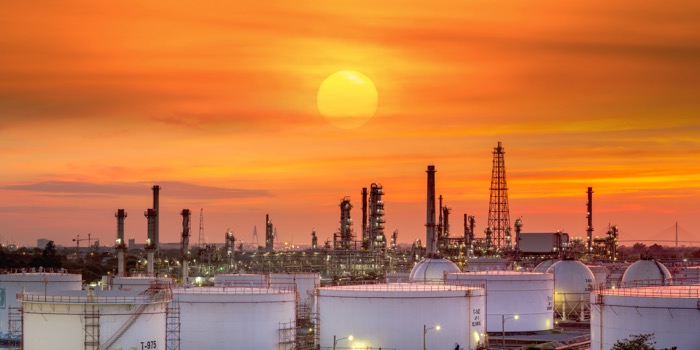The prospects for natural gas markets for the 2019 – 2040 period are the subject of ‘Medium and Long Term Natural Gas Outlook 2020’, from CEDIGAZ.
As outlined by the paper, the future expansion of natural gas is underpinned by the development of new resources in gas-rich producing countries, which will expand LNG export capabilities.
The paper assumes “the effective realisation of official energy plans and climate policy targets”. In doing so it highlights the increasing role natural gas will play in the world energy mix, to meet the growing energy demand but also climate policy targets.
Natural gas stands as the fastest-growing fossil fuel and expands its market share in the world energy mix from 23 percent in 2019 to 25 percent in 2040, while that of coal and oil declines strongly.
Asia and the Middle East contribute 58 percent and 24 percent respectively, of global gas demand growth over the outlook period.
China alone accounts for one-third of the incremental demand. The future expansion of natural gas in the energy mix is conditioned on new developments of abundant and low-cost resources in gas-rich countries (North America, Russia, Middle East, etc), which will expand LNG export capacities to meet the growing gas demand, especially in emerging Asian markets.
The future growth of natural gas also partly depends on investments in low-carbon gas.
In the CEDIGAZ scenario (multi-wave pandemic), global gas and energy demand recovers slightly in 2021 before accelerating as the pandemic resorbs. There is both a short and longer term negative impact of the COVID-driven economic crisis on energy and gas demand.
These losses mainly involve natural gas transported by pipelines, whereas LNG demand in the medium and long-term is not expected to be affected because of an expected rebound of LNG demand post-2021 in Asia amid abundant and competitive LNG supply.
Despite project delays in the current context of the crisis, post-FID projects should be sufficient to cover global LNG demand until 2025/2026.
The LNG market is expected to remain oversupplied in the next three years, before gradually rebalancing as LNG demand in Asia rebounds. LNG will thus play a growing role in both Europe and Asia in the first half of this decade.
For more information visit www.cedigaz.org













